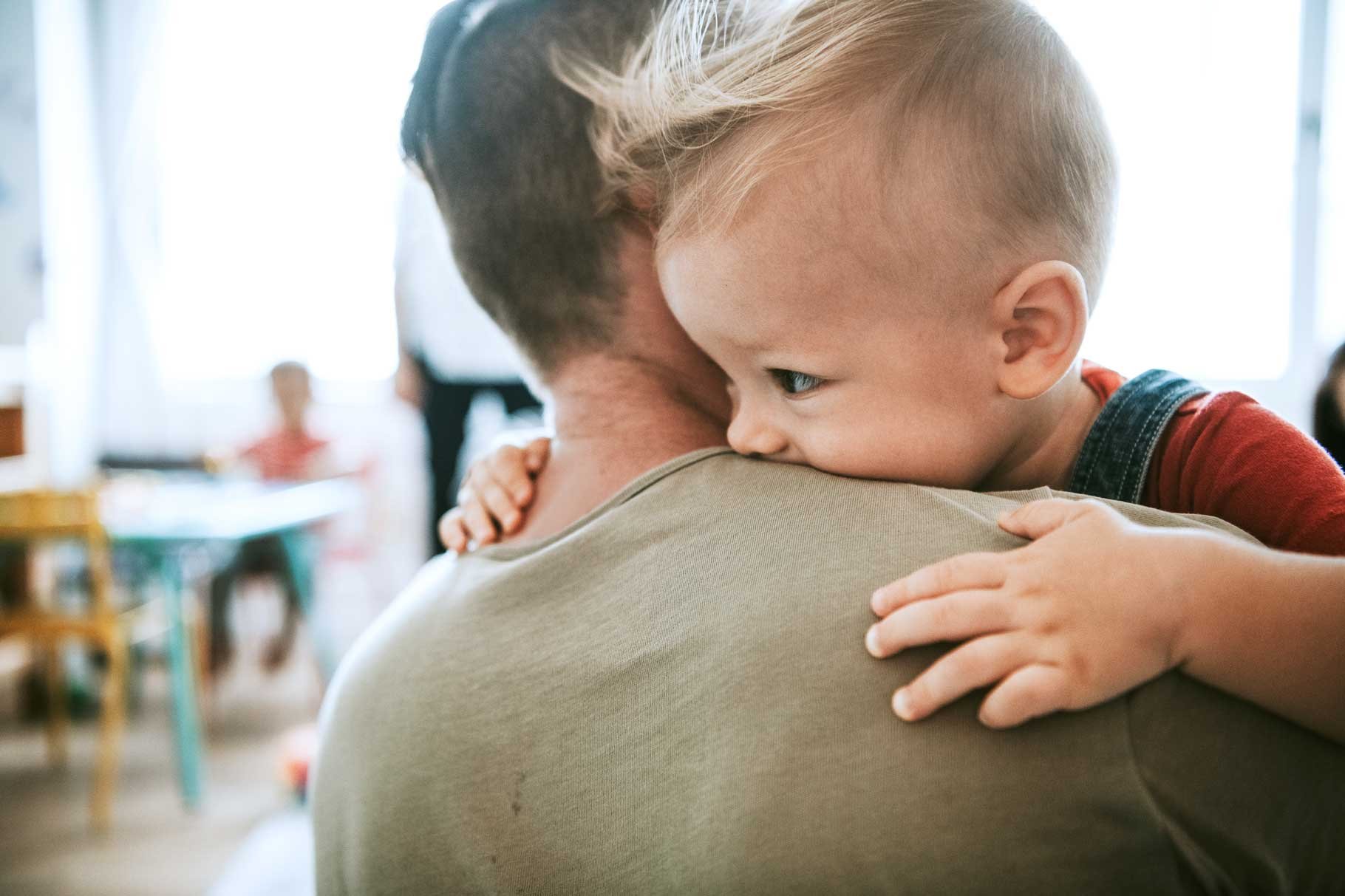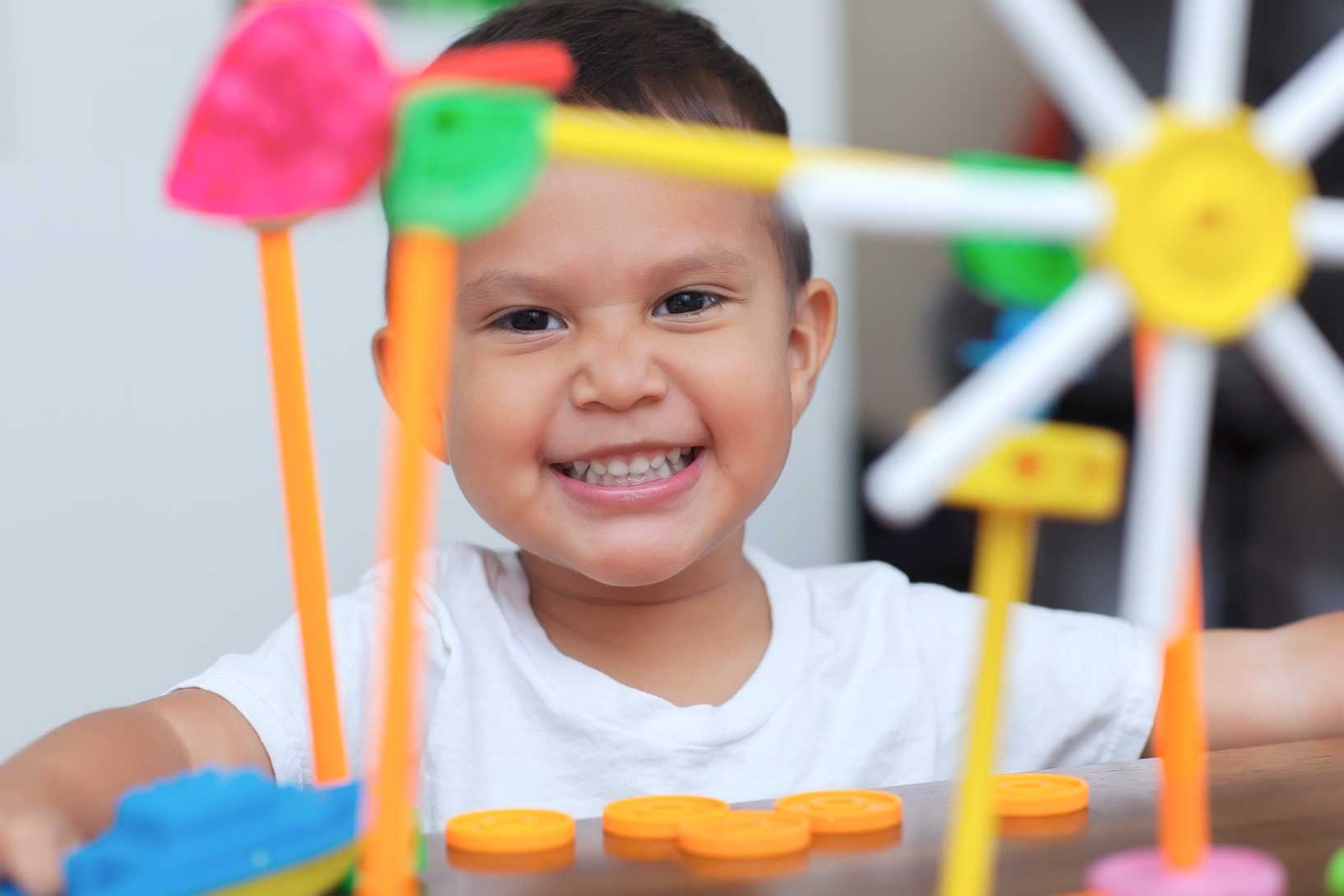
Our curriculum focuses on the total child.
At The Stanley School, we realize that every child who enters the school is uniquely different in their interests and abilities. Our contemporary program is designed to facilitate the child’s natural learning and developmental processes. Our students realize their full potential within a nurturing environment that allows them to thrive emotionally, develop creatively, and be challenged academically. Understanding that all children learn differently, we have developed our curriculum from several philosophers’ theories and methods, focusing on the total child.
Here are the primary philosophers and methods that have influenced us in the design of our curriculum.
-
Reggio Method is based on the principles of respect, responsibility, and community through exploration, discovery, and play. Teachers are encouraged to facilitate the child’s learning by planning activities and lessons based on the child’s interests, asking questions to further understanding, and actively engaging in the activities alongside the child, instead of passively observing the child's learning. As a partner to the child, the teacher is inside the learning situation.
-
Jean Piaget’s Theory of cognitive development suggests that children move through four different stages of intellectual development which reflect the increasing sophistication of children’s thoughts. These stages are sensorimotor, pre-operational, concrete operational, and formal operational. Piaget’s theory focuses not only on understanding how children acquire knowledge but also on understanding the nature of a child’s intelligence.
-
Montessori Method fosters rigorous, self-motivated growth for children in all areas of their development—cognitive, emotional, social, and physical—is the education of the whole child including physical, emotional, mental, spiritual, and social ways of being. It is a child-centered environment where children are given the freedom to choose work based on their developmental needs and interests.
-
Eric Erickson’s Theory is based on what is known as the epigenetic principle. This principle suggests that people grow in a sequence that occurs over time and in the context of a larger community. Erickson believed that social interaction and relationships played a role in the development and growth of children.
-
Benjamin Bloom’s Taxonomy is defined as a learning theory that uses a hierarchical model (pyramid) for categorizing cognitive learning objectives into varying levels of complexity to assess the depth of learning teachers want their children to achieve. When teachers have organized set objectives, children are able to create, evaluate, analyze, apply, understand, and remember.
-
STEM & STEAM is a holistic, project-based approach to teaching that sparks a child’s imagination and develops their real-world skills. STEAM education focuses on incorporating science, technology, engineering, art, and mathematics when teaching and working with children. Children learn through peer-to-peer collaboration, communication, and critical and creative thinking.
-
The Outdoor Play Project focuses on using the outdoor play space as an extension to classroom learning in early childhood education. Outdoor play is a multi-faceted topic spanning children’s well-being and physical skills, risk management, drawing them to explore, experiment and build knowledge of the world around them.
Here’s what to expect from The Stanley School experience. Monthly fees include:
Daily breakfast, lunch, and snack prepared in-house and designed around children’s unique nutrition needs.
Early learning Cotillion and social graces course for pre-K children ages 3 to 5.
Kiddie gardening, composting, and nature learning opportunities in our outdoor learning spaces.
An easy-to-use parent app on BrightWheel for teacher communication, daily check-ins, and payment management.
Your Child’s Day
Clear and consistent communication is part of the S.H.I.N.E Method at The Stanley School. Through our easy-to-use KangarooTime app, parents can see their child’s care in real time, including meeting developmental milestones, eating a meal or snack, taking a nap, or learning something new. Teachers will update parents through the app about potty training and more.
Active Play at The Stanley School
Children play outside every day, weather permitting. The Stanley School offers secure and developmentally appropriate outdoor spaces that encourage gross motor development. We also use our outdoor spaces for classroom activities and lessons.
Our Curriculum
The Stanley School uses documented and established research on early childhood development as the foundation for our custom curriculum. Lessons are tailored to the specific developmental needs of each age group. The Stanley School is devoted to your child’s happiness and learning—and our curriculum taps into a child’s nature without compromising academic rigor.




